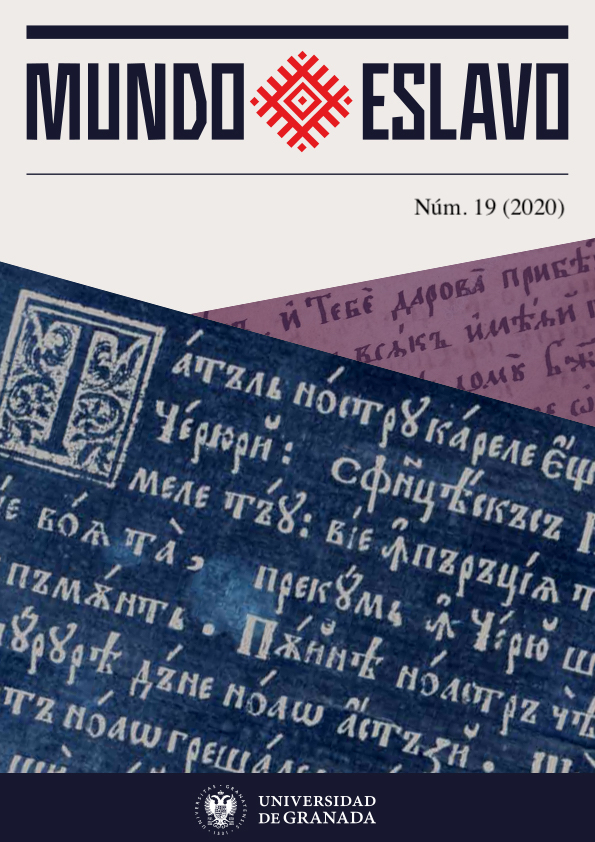The Theme of Freedom in Maria Arbatova’s Drama
Keywords:
Arbatova, freedom, Arbatova’s Drama, Feminist Discourse, USSRAbstract
This article is an attempt to analyze Maria Arbatova’s earlier works, in particular, her dramas in the period between 1979 and 1994. The special emphasis in those works is given to the topic of internal freedom. Reading her texts, we can track the evolution of the writer’s ideology. Her first plays are dedicated to the issue of women achieving their internal freedom, which perfectly matches the feminist ideology emerging in the USSR. In her further works, Arbatova expands her sphere of consideration, looking into the issues of freedom and emigrants’ identity, along with different takings on the issue of freedom after disintegration of the Soviet Union as seen by different generations. Multi-faceted representation of freedom in Arbatova’s drama gravitates towards humanistic personalism. This is why the leitmotif of the article is reflection on the heroes’ identity in the context of their quest for a stable baseline and an ever-present perspective in the so-called “liquid modernity”.
Downloads
Downloads
Published
How to Cite
Issue
Section
License

CC BY-SA: This license allows reusers to distribute, remix, adapt, and build upon the material in any medium or format, so long as attribution is given to the creator. The license allows for commercial use. If you remix, adapt, or build upon the material, you must license the modified material under identical terms.
CC BY-SA includes the following elements:
BY ![]() – Credit must be given to the creator
– Credit must be given to the creator
SA ![]() – Adaptations must be shared under the same terms
– Adaptations must be shared under the same terms
Authors who publish with this journal agree to the following terms:
1. Authors retain copyright and grant the journal right of first publication with the work simultaneously licensed under a Creative Commons Attribution License that allows others to share the work with an acknowledgement of the work's authorship and initial publication in this journal.
2. Authors are able to enter into separate, additional contractual arrangements for the non-exclusive distribution of the journal's published version of the work (e.g., post it to an institutional repository or publish it in a book), with an acknowledgement of its initial publication in this journal.
3. Authors are permitted and encouraged to post their work online (e.g., in institutional repositories or on their website) prior to and during the submission process, as it can lead to productive exchanges, as well as earlier and greater citation of published work (See The Effect of Open Access).













